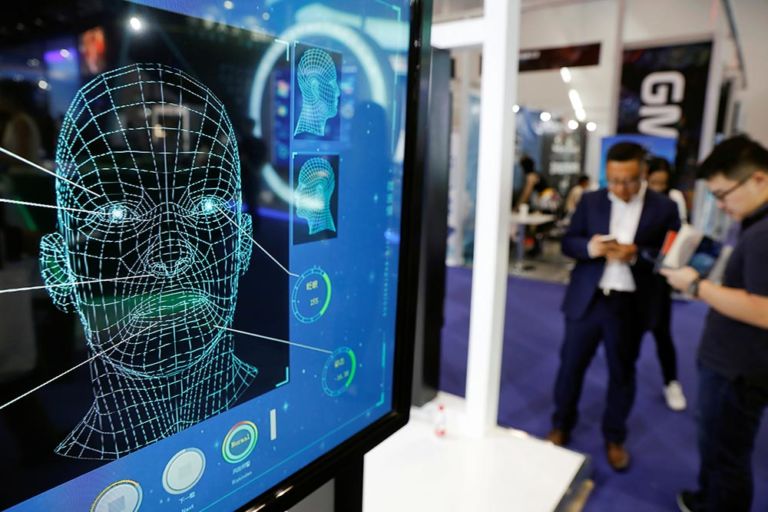How Digital Identity Solutions Could Enhance Privacy in Health Care

The "Healthcare Data" industry is one of the largest growing industries in the world due to an increase in technological innovation. Medical records are one of the most critical pieces of information for providers to use when caring for patients, yet this data is not adequately secured against loss or theft. As a result, privacy and security issues run rampant in this industry.
Healthcare providers need to have better control over their patient's data to ensure the quality of care delivered and that their patients' personal information is not misused. Two ways that healthcare providers could do this are through encryption and digital identities.
Cryptographic technology could improve the security of data by storing sensitive information to make it unreadable to anyone without the proper encryption keys. This would include individuals who have access to the servers storing the health data and even those analyzing the data for use in research. By doing this, providers can ensure that the information does not fall into the wrong hands, making encryption a viable option for keeping patient information safe and secure.
Another way that providers can increase privacy and security is through digital identities. A digital identity can establish "end-to-end verifiability" while exchanging any information between stakeholders in the healthcare industry. Digital identities allow providers to mint and sign digital certificates for patients' files and give these digital certificates to the appropriate stakeholders involved in the file across different platforms. Each stakeholder will access the certificate on trustgrid.com and check its validity by looking up all of the signatures on it. The stakeholder will also be able to generate a new digital identity for the patient based on the most recently updated file without re-encrypting it as long as all of the stakeholders involved have a copy of the original identity's digital certificate.
It's not only the healthcare industry that digital identities will impact
As time moves forward, businesses and even governments will come to adopt digital identities to improve security. Many governments are already considering adopting digital identities, and some have even started implementing them. Digital identity will allow governments to control their resources better and make it easier to perform their duties. This will work by creating a system in which every citizen or stakeholder in a business has a digital identity linked to an appropriate record. Digital identities will allow governments to keep track of those who need to be held accountable for their actions and help prove one's identity.
The government will be able to provide better public services by using digital identities
Individuals can use a digital identity to prove their identity and protect that information from those who misuse it. The digital identity can be used to access services and applications which may otherwise not work because of the lack of details about an individual. These types of services can help individuals perform the tasks they need to. Digital identity will also allow individuals to prove their identity when required by those who want to check that they are who they claim to be.
Healthcare is leading the way, and everyone else will soon follow
It may have started with healthcare, but it won't end there. The healthcare industry is one of the biggest globally, and it will have the most significant impact on using digital identities in practice. The goal is to secure patient data and allow patients to control their information. Digital identities can be a good way for patients to do this because they are easy to use and are more secure than other currently used methods. It won't be long before others follow suit and digital identities become commonplace.





